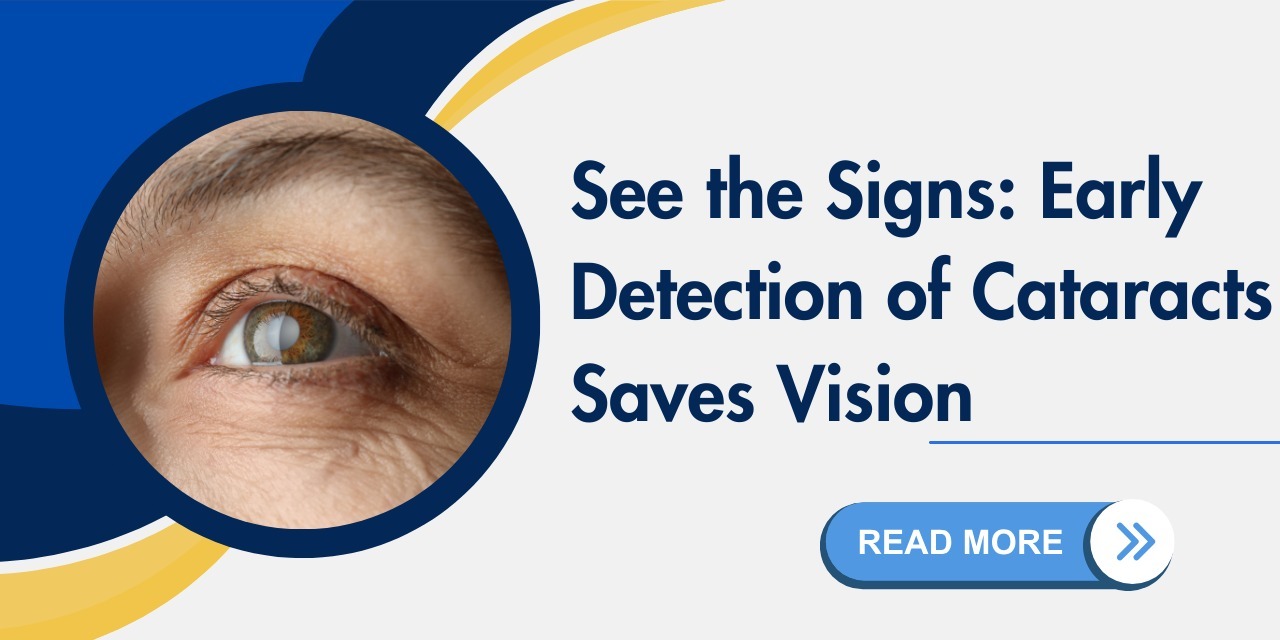The retina is a vital part of the eye that plays a crucial role in vision. It consists of specialized cells that capture light and send signals to the brain, enabling us to see. However, various retinal conditions can affect the health and function of this important structure, leading to vision impairment or even blindness. In this article, we will explore some common retinal conditions and the management strategies offered by JP Eye Hospital, a unit of Dr. Agarwals Eye Hospital.
Understanding Common Retinal Conditions:
- Age-Related Macular Degeneration (AMD): AMD is a progressive condition that primarily affects older adults. It involves the deterioration of the macula, the central part of the retina responsible for sharp, detailed vision. AMD can cause blurred or distorted central vision, making it difficult to read, drive, or recognize faces.
- Diabetic Retinopathy: Diabetic retinopathy is a complication of diabetes that affects the blood vessels in the retina. High blood sugar levels can damage these vessels, leading to leakage, swelling, and the growth of abnormal blood vessels. If left untreated, diabetic retinopathy can cause vision loss.
- Retinal Detachment: Retinal detachment occurs when the retina separates from its underlying tissue. This condition is considered a medical emergency as it can lead to permanent vision loss. Symptoms include sudden flashes of light, floaters, or the appearance of a curtain-like shadow over the visual field.
- Retinal Tears and Holes: Retinal tears and holes are caused by the shrinkage or thinning of the gel-like substance (vitreous) inside the eye. These tears and holes can allow fluid to seep behind the retina, leading to retinal detachment if left untreated.
Management Strategies for Retinal Conditions:
- Medications and Injections: In some cases, retinal conditions can be managed with medications or injections. For example, anti-vascular endothelial growth factor (VEGF) injections can help slow down the progression of wet AMD or diabetic retinopathy by reducing abnormal blood vessel growth and leakage.
- Laser Treatments: Laser therapy is commonly used to treat retinal conditions such as diabetic retinopathy and retinal tears. Laser photocoagulation can help seal leaking blood vessels and prevent further damage to the retina. Additionally, laser retinopexy can be performed to create scar tissue around retinal tears, securing the retina in place.
- Vitrectomy: Vitrectomy is a surgical procedure that involves the removal of the gel-like vitreous from the eye. It is performed to treat conditions like retinal detachment or severe vitreous hemorrhage. During the procedure, the retina can be repaired, and a gas or silicone oil bubble may be placed to hold the retina in position while it heals.
- Retinal Implants: In certain cases of severe vision loss, retinal implants can be considered. These electronic devices are surgically implanted in the eye to stimulate the remaining retinal cells, bypassing the damaged areas and providing visual perception.
JP Eye Hospital: Your Destination for Retinal Care
JP Eye Hospital, a unit of Dr. Agarwals Eye Hospital, is a trusted name in eye care, offering specialized services for the diagnosis, treatment, and management of various retinal conditions. With a team of experienced ophthalmologists and advanced technology, they provide comprehensive solutions for retinal care.
If you are experiencing symptoms of a retinal condition or have concerns about your retinal health, contact JP Eye Hospital today. Visit their website at https://www.jpeyehospital.in/ to learn more about their services and schedule a consultation. You can also call them at 09216066614.
Address: Mohali Stadium Rd, Phase 7, & 35, Sector 61, Sahibzada Ajit Singh Nagar, Punjab 160061 Get Direction Now: https://goo.gl/maps/34W1fq7MX1xLx2s69
Trust JP Eye Hospital to provide expert diagnosis, personalized treatment plans, and compassionate care for your retinal conditions, ensuring the best possible outcomes for your vision health.










